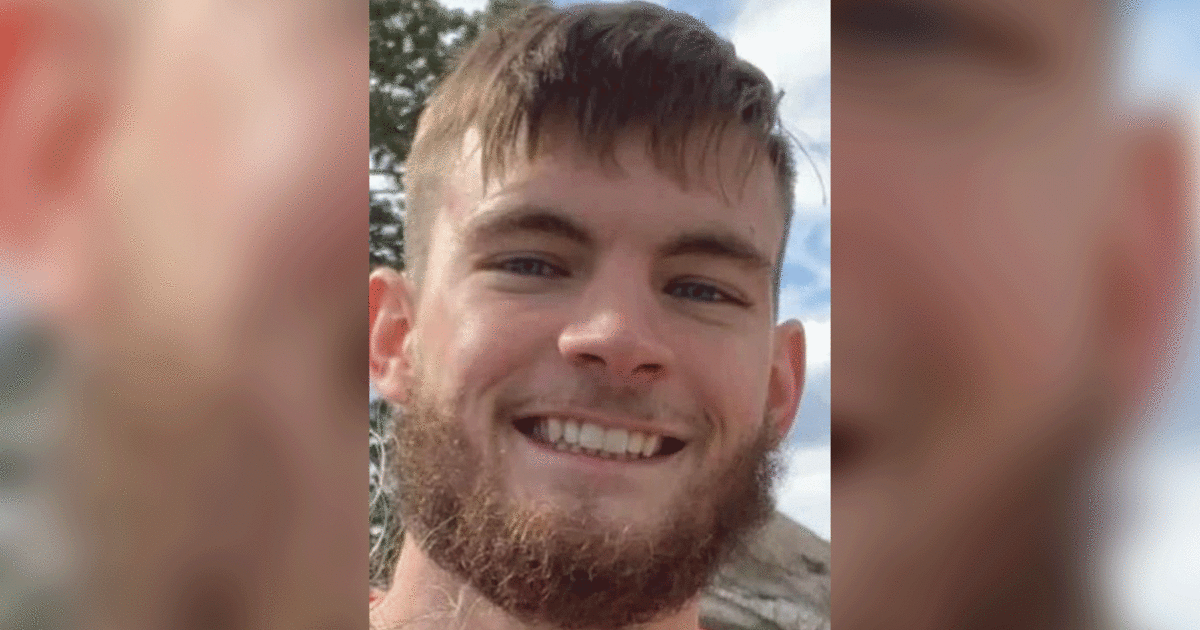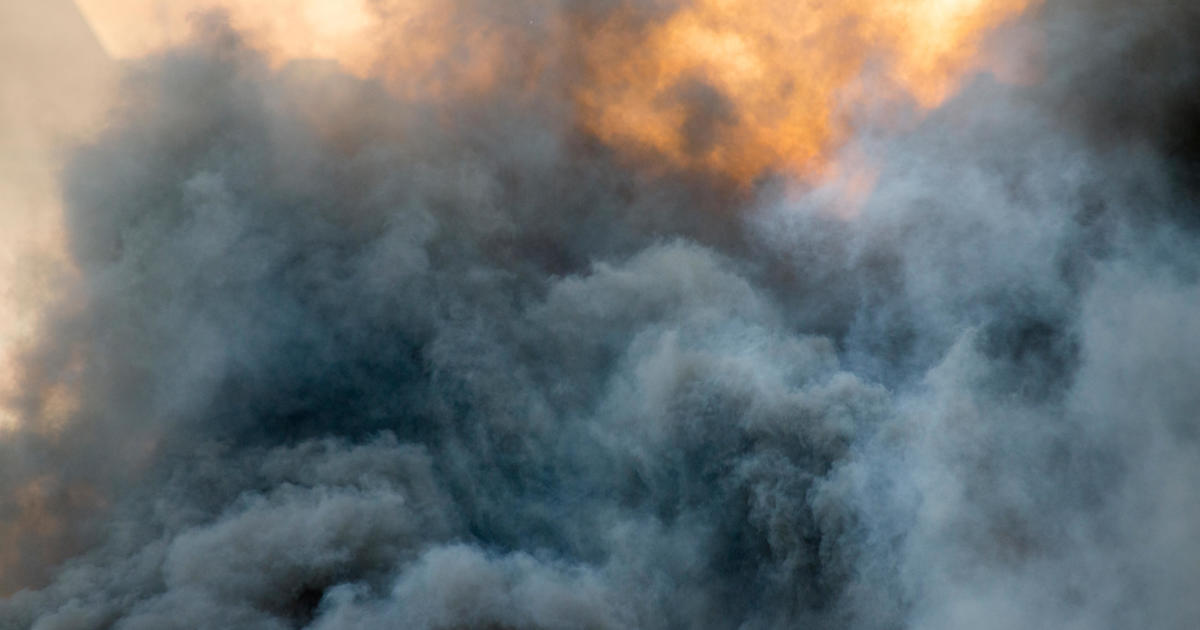Texas Farm Offers Counseling Using Horses During Coronavirus Pandemic
LUFKIN, Texas (AP) — As spring continues to sprout in earnest, the horse family at 4R Farm offers a mental health haven to those seeking relief, especially during a time of tribulation like the current pandemic.
Allen Rush is a licensed professional counselor with more than 25 years of experience in the mental health field. He practices equine-assisted therapy on his farm in Burke.
Rush invited The Lufkin Daily News to experience some of his methods in person. He started by asking us to close our eyes, place our hands on the horse and slowly work our way around the horse.
The exercise is rooted in mindfulness and meditation. He asked us to detail the experience— the softness of the hair and how it felt going different directions, how warm the horse was and more.
The silence and stillness made the intricacies of the field around us that much more noticeable— the birds tweeting above, the wind brushing the branches of the trees, the soft new growth of the grass at our feet, the horse nibbling and sniffing as she waited.
"For most of us who are stressed, anxious, angry, mindful meditation is a well-proven technique for bringing down those negative emotions and bringing calmness and peace," Rush said. "Counselors teach deep breathing exercises all the time. I certainly did it in the office, and I do it here."
Horses have huge lungs, and Rush encourages his clients to breathe with the horse as a tangible way to learn these self-calming methods. Especially for kids, that tangible nature makes it much easier to learn.
Oftentimes, equine therapy can be a gateway or a breakthrough for children, Rush said. He has seen children who refused to go to therapy enjoy their time on the farm and has gotten through to kids who struggled in a regular therapy setting.
He also brought us to the round pen to learn a technique called join-up.
A horse's society is built upon respect, Rush said. Join-up is a way for the client to develop a horse's respect. Rush had us call out to the horse while in the center of the ring.
She ignored us.
Then he demonstrated how he could get her moving by clicking his tongue, lightly tapping her haunches and moving toward her from a distance while pushing the air in front of him with his hands.
After about 10 minutes of trial and error and many moments where she stopped to snack on some grass or tried to hide behind one of us, we were finally able to keep her moving in a circle, even calling for her to stop on command.
The process is about forming a relationship with the horse by communicating in a way that she can understand.
"When someone calls to make an appointment, I explain to them that this is not riding lessons," Rush said. "Yes, you have to learn about handling a horse and riding, but this is mental health therapy. It's going to be a long time before you ride because a lot of what we do is called ground work. Just learning to make that connection and that relationship with a horse is part of what is so therapeutic."
Rush recalled a striking memory of a relationship he developed with his first show horse. As the horse grew older, she developed cancer in her eyes and went blind.
"We had a relationship where she trusted me enough that I could saddle her up and ride anywhere," Rush said. "She couldn't see a thing, but she trusted me to keep her safe."
Having that kind of a tight-knit bond with an animal impacts you in a way like no other, he said.
Another way a horse can impact a person is in how accepting it can be.
"They don't care what you did or what you think of yourself. As long as you take care of them, they love you," Rush said. "Their judgment of you is solely based on here and now."
Rush said it is amazing to watch a child with extremely low self-esteem interact with a horse that sees them and wants to be around them. As they learn how to interact and work with the horse, the esteem skyrockets, he said.
Some of his techniques don't require horses. One method deals with communication by having one person operating a tractor with ear protection while another attempts to direct them using hand gestures to pick up a metal chair and place it in another spot.
"Family conflict is the result of miscommunication, misunderstanding," Rush said. "I will sit back and watch how the communication unfolds, and then we will sit down later and talk about it. It is so informative for the family."
The exercise teaches family members the importance of being thoughtful of what they say because once a word, like a gesture, is said, it cannot be taken back.
The Rush family bought 4R Farm in the early 1960s. While Rush grew up in Lufkin, he always had contact with the farm.
"We ran cattle when I was a kid, so I grew up with ranch horses," Rush said. "I think I was probably in sixth grade when we got into showing horses."
Some of Rush's favorite childhood memories have been spent at 4R Farm. He recalled saddling up a horse, riding five miles down the road to his grandparents' house to get something to eat, riding back and spending time taking in the wildlife around him— foxes, hawks, horses and more.
His love for horses continued through college when he started training while working on his master's degree. It was then that he made the connection between horses and counseling.
In 1995, Rush's wife transferred to Texas A&M, so the pair moved to the Bryan/ College Station area.
Through internships, Rush began studying what makes a good therapy horse and developing therapy methods. Rush began to work with schools in the area, bringing horses in to work with students who struggled with anger and aggression.
Eventually, the Rushes moved back to East Texas and through the nature of life, he got away from working with horses. He continued working through office therapy until a few years ago when he had a choice to go back into private practice or to pursue what he loved and open his own equine-assisted counseling practice.
Rush works with individuals seeking help as well as through referrals from Burke, juvenile probation departments and more. Some travel as far as 50-70 miles away, he said.
While Rush works mostly with children, he said wouldn't turn away adults or families or couples.
(© Copyright 2020 The Associated Press. All Rights Reserved. This material may not be published, broadcast, rewritten or redistributed.)



